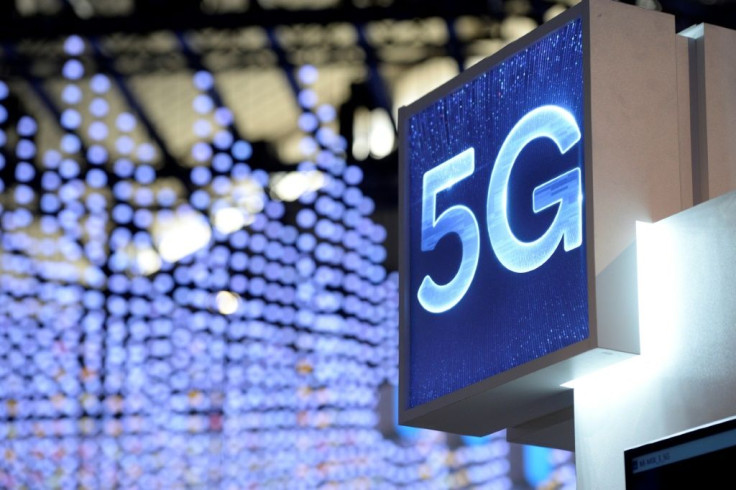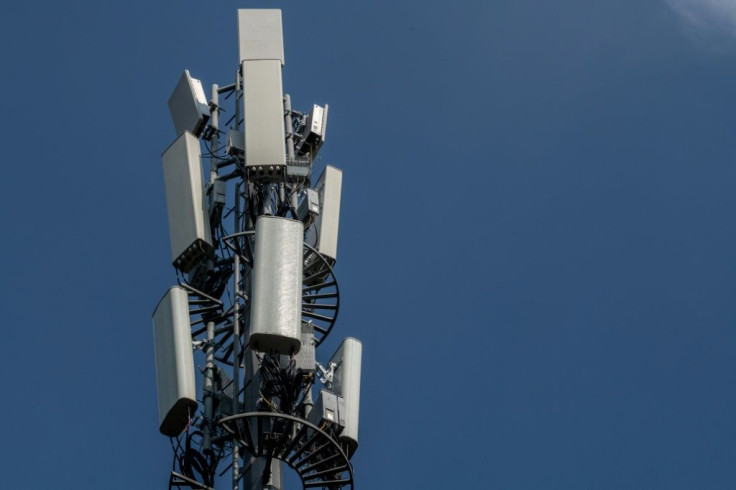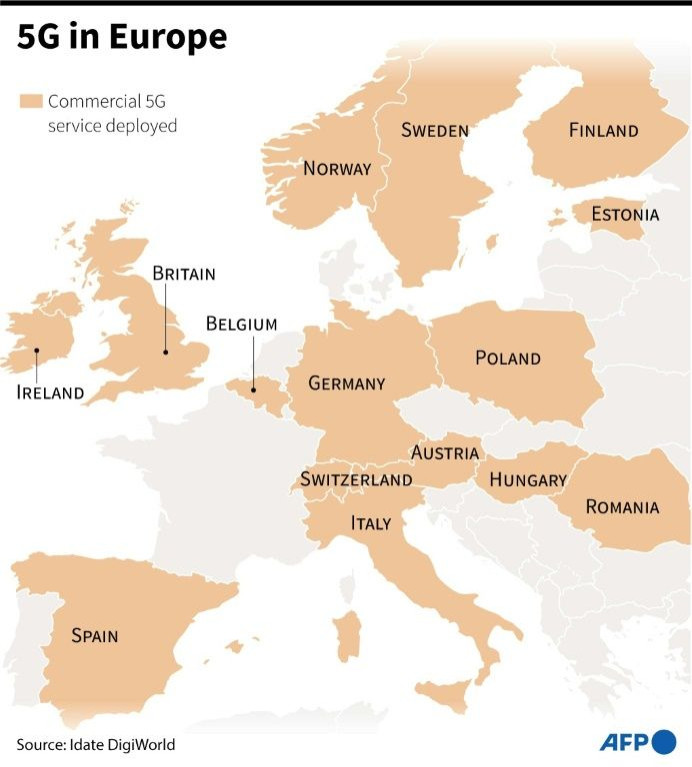France Puts 5G Mobile Frequencies On The Block
France on Tuesday began to auction off radio frequencies for the deployment of ultrafast 5G mobile technology, a process that will add billions of euros to the government's depleted coffers.
Operators Orange, SFR, Bouygues Telecom and Free are bidding for 11 frequency blocks that are currently unused, with the aim of offering 5G services in some French cities by the end of the year.

The fifth-generation successor to 4G technology promises radically quicker transfers of data, heralding major changes to an array of products and services from self-driving cars to remote surgery.
France was to launch the sale of the frequencies in April, but postponed the auction because of the Covid-19 crisis.
France is lagging behind other countries that have already launched 5G services, with South Korea and China the most advanced.

More than a dozen EU countries have also started operating 5G services, but none as developed as the Asian frontrunners.
Activists and leftwing lawmakers in France have tried to halt the 5G rollout because of health and environmental concerns, but President Emmanuel Macron's government has pressed on regardless.

Macron, eager to cast France as a start-up nation embracing cutting-edge technologies, this month even derided 5G opponents as wanting to impose "the Amish model."
He said "France is going to pursue the shift to 5G because it's the shift towards innovation."
The government expects to make at least 2.2 billion euros ($2.6 billion) from the sale, a welcome windfall at a time when it is throwing all its financial firepower into the fight to limit the coronavirus pandemic's economic fallout.
The deployment is also seen as a crucial boost for French industry, under pressure from new restrictions curbing economic activity.
"Everybody knows that this is extremely important for the economic recovery and for the future of the industry," digital minister Cedric O told Europe 1 radio on Tuesday.
The main auction for frequencies is scheduled to last for 10 days, after which a second auction will determine the exact positioning of operators on each band, with the centre of bands less prone to interference than the edges.
One complicating factor is the heavy restrictions placed on the use of equipment by Huawei, which some governments, especially the US, suspect of potentially helping China eavesdrop on western networks.
The absence of the Chinese behemoth, considered by many experts to produce the most advanced 5G equipment for the best price, will force SFR and Bouygues Telecom especially to switch to rival suppliers Ericsson and Nokia, a move requiring a big revision of their investment plans.
© Copyright AFP 2024. All rights reserved.




















